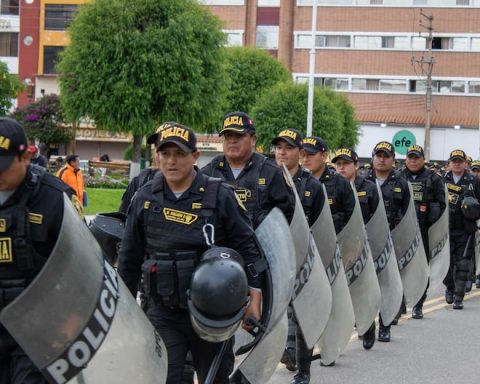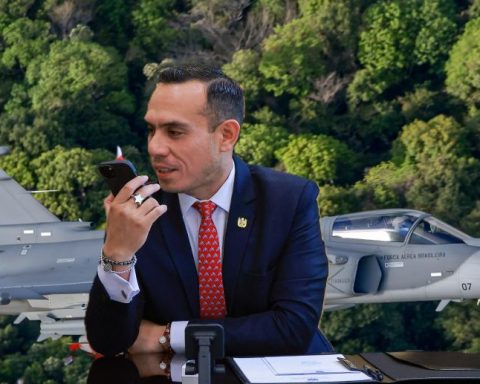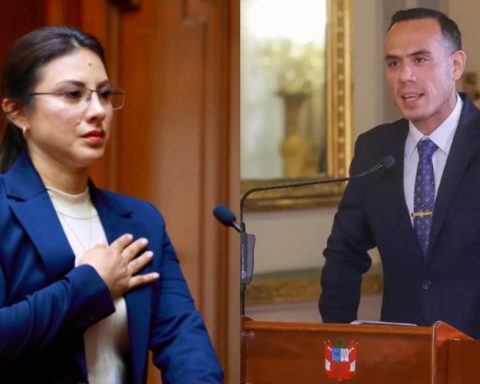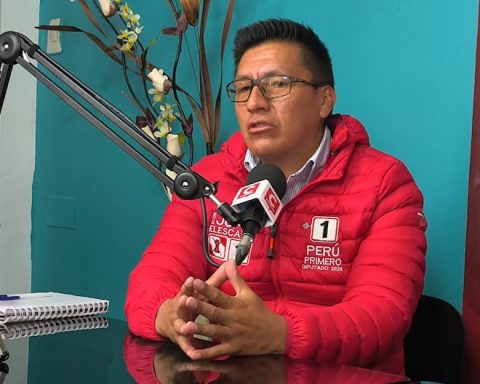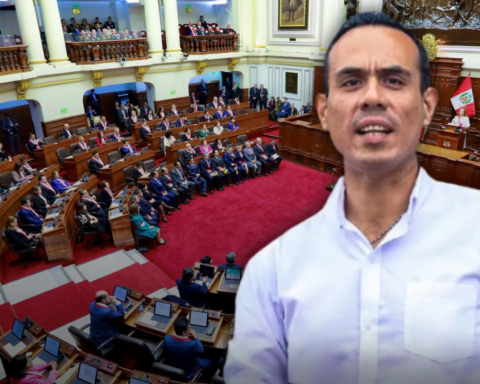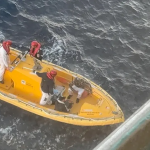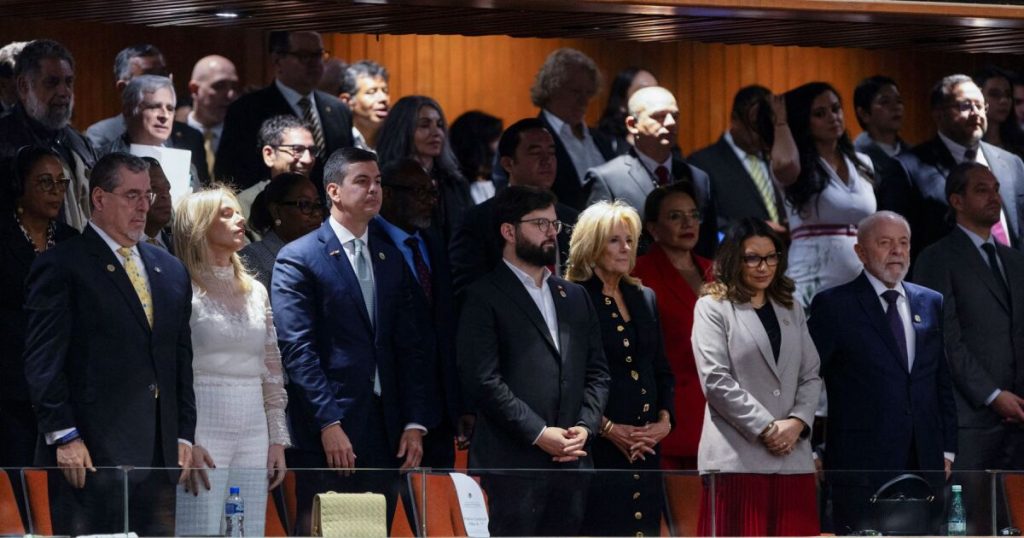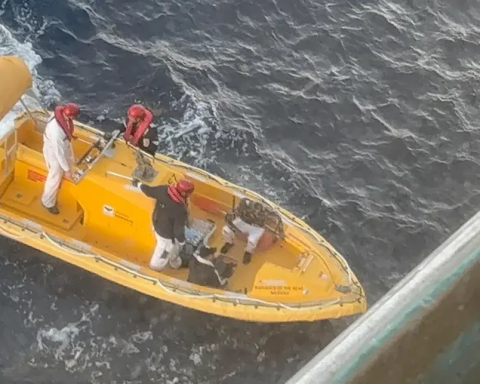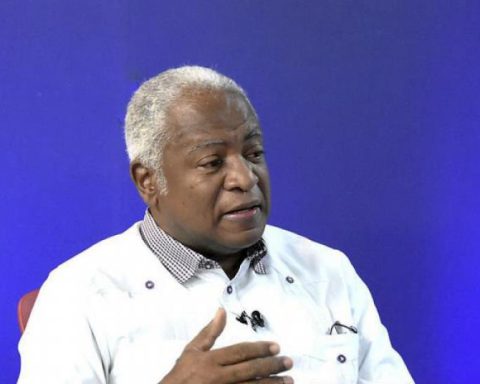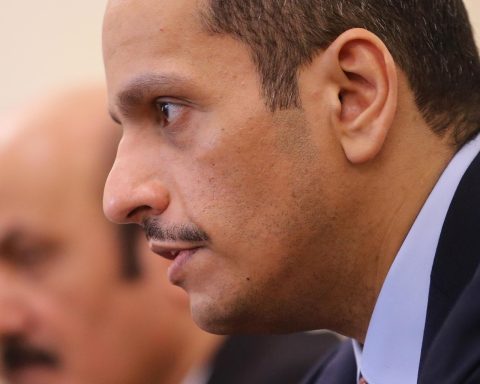Hugo Pereachief economist for Peru at BBVA Research, explained why the sun has become the new dollar for Bolivians.
Look: BCR: We need to keep the deficit under control or it will be expensive for us
What explains why in Bolivia they are demanding soles as a substitute for the dollar?
With concerns and uncertainty about the looming macroeconomic and exchange crisis, Bolivians are looking for assets in which to maintain their purchasing power. Usually, in these circumstances, a hard currency like the dollar is used. However, due to the scarcity of the currency, another currency is being chosen that also functions as a store of value (that allows purchasing power or purchasing capacity to be saved over time). In this case, that role is being played by the sun. Since we have a common border, Bolivians are demanding soles due to the shortage of dollars, because the sun also generates trust.
What are the fundamentals of the sun?
In the last 25 years, the Peruvian sol has only depreciated between 6% and 7% against the dollar. However, other currencies in the region have depreciated 10% and some 200% in the same period.
What is the reason for this shortage of dollars in Bolivia?
Bolivia has been experiencing a series of macroeconomic imbalances for quite some time. The Bolivian model consisted of an economy where there were subsidies, protectionism and nationalization of companies. All of this was based on income from hydrocarbon exports from companies that were expropriated during the Evo Morales administration. Basically, there were many subsidies such as very cheap energy costs and an exchange rate that has been kept artificially fixed, thanks to the fact that they had enough reserves to contain eventual increases in the exchange rate.
When did this collapse?
This feeling of prosperity that was artificial was going to end when those resources are spent and that is what is happening, triggered by the lack of reinvestment in nationalized companies. In Bolivia’s natural resource exploitation model, private companies only provide the extraction service. Once they extract the product, it passes into the hands of the government. So, there are no private incentives to invest, because the project is not theirs. They only extract the resource and pay them a commission. This lack of investment has caused both reserves and operations to decrease.
How much did your exports decrease?
Bolivia’s exports have fallen to a third of what they were 10 years ago. In that context, finally, the model explodes and you have this situation of scarcity. There are no cheap dollars right now. Returning to your initial question about the reason for the shortage of dollars, it happens that Bolivia is running out of reserves and will no longer be able to defend the exchange rate. In this context, what is always seen everywhere is that a parallel black market is generated, in which the price of the dollar in this market is higher than the official one. Only, on this occasion, the formal market has some restrictions on offering dollars, so you have to go to the streets and even then they cannot be found, because people do not want to part with them. So, people look for another currency that they can use as a store of value and in this case it is the sun.
Have we already experienced this in Peru?
In Peru we had a more or less similar situation in the 80s, where there were also many subsidies, a government that was bankrupt with negative international reserves. Since the government had no way to finance its spending, it could not go into debt because it was not subject to credit. He had made confiscations. Therefore, the only way it had to finance itself was through monetary printing, which led to hyperinflation. When inflation becomes high, people seek to protect themselves and what they did is demand a hard currency which, in our case, was the dollar. Bolivia is suffering what Peru did in the 80s.
Take advantage of the NEW EXPERIENCE, receive our enriched digital newspaper by mail or WhatsApp. Peru21 ePaperLearn about our plans!
RECOMMENDED VIDEO

